Some of the worst infection control mistakes we've heard ... and why 2016 is the year to stop making them
Dental assistants not only need more education, but often need to pass that education on to other team members who simply don't get the right way to do things.
As 2015 comes to an abrupt end, or at least it seems that way, the year flew by. I look back on my year and think about some of the people I’ve met, the places I’ve visited, and the things I’ve learned. Some of the things I’ve learned weren’t so good. In this day and age of OSHA, CDC, and proper infection control procedures, I am appalled at some of the things dental assistants have shared with me.

I have the privilege of traveling around and training dental assistants. It’s what I “get” to do for a living, and it’s the best job in the world. I get to talk to dental assistants from large and small offices, smack in the middle of town, and deep in the country. I meet dental assistants from every walk of life and together we share our passion. What I love most about it is when we are all together, we open up, we talk, we share, and we learn. I find that as the biggest number of oral healthcare workers, we are also the least educated (say what?) so when we gather together, we are hungry for knowledge. We are an amazing group of people who didn’t go into this profession for the fame or the money. We are here because we love people and we love what we do. We are ready to soak up information and expand our brains. Not only do we love what we do but we want to do it better!
More from Tija: Who says dental assisting is a highly skilled profession?
I recently had a conversation with a doctor who contacted me because she was concerned that, while teaching a class on nitrous oxide, I also spoke on OSHA and CDA guidelines. I asked, “How can you talk about anything dental to a dental assistant without bringing up infection control?” It seemed that doctors in her area who sent their dental assistants to my course were upset that I talked about recent updates and proper infection control procedures. For me, that is a red flag! If a doctor is unhappy about the team learning the right way, then it’s because he or she doesn’t want to stop doing things the wrong way. I then proceeded to share with her some of the things I hear while talking to dental assistants. She was appalled at the things I said. She couldn’t believe that offices were guilty of these things in 2015!
Keep in mind that these are all things I’ve heard that are happening right now … at the end of 2015 and start of 2016. Not 30 or 40 years ago, but right now, as educated as we are, with all the information out there, we are still doing it wrong.
Continue to the next page to read the crazy infection control stories...

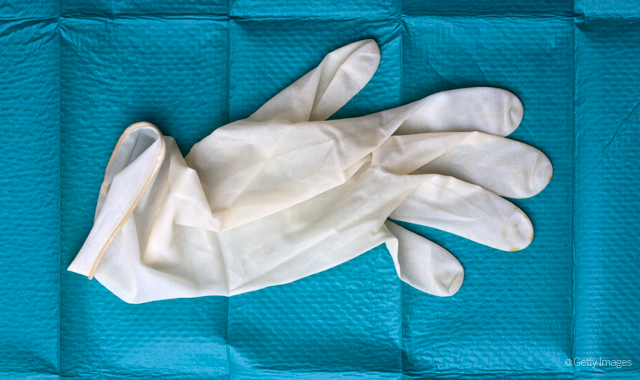


I had a student on internship contact me and say she wasn’t sure she could stay at her internship office. It seemed there were some things she wasn’t sure about. There were no masks in the office because nobody wore them. The doctor handed out gloves and you got one pair in the morning. The team washes their hands gloved up between patients until lunch when they take them off, eat lunch and put the afternoon pair on. The team disinfected the ops with one 2x2 gauze and alcohol. I had the student come see me at lunch. I provided her with a mask, gloves, and Caviwipes. She was able to help convince that team and doctor, over the course of her internship, that they needed to use better infection control procedures. Before she left, gloves, masks and Caviwipes were purchased.
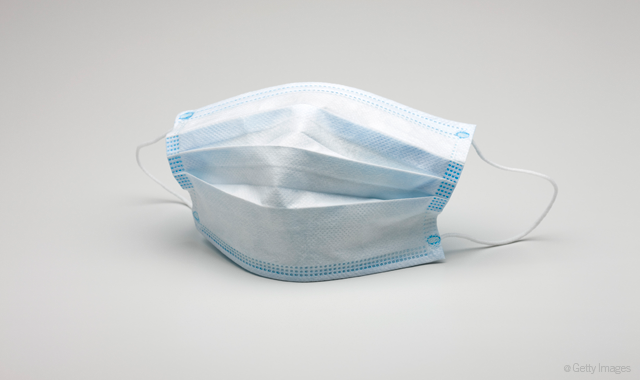


One dental assistant told me her boss hangs his mask on a hook in the op and doesn’t change it for months or until it gets soiled with blood.
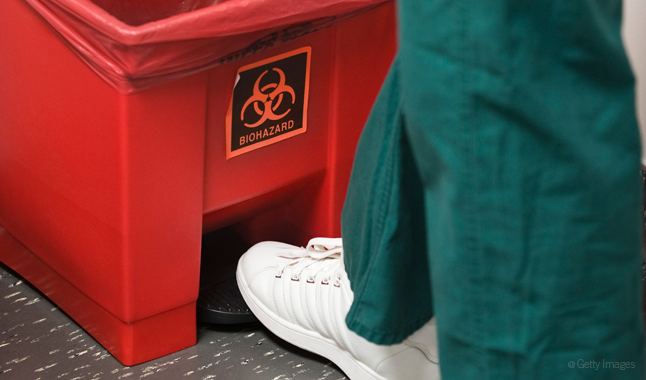


When I informed a pedo team that they really shouldn’t use Glutaraldehyde, they asked me what should they do with all of their HVE and saliva ejector tips? I informed them, anything that says disposable, single-use, or one time use only, must be thrown away after one use. You cannot reuse these things. Plastic is porous and the germs can’t be cleaned out of it. As a rule, trash it or autoclave it.
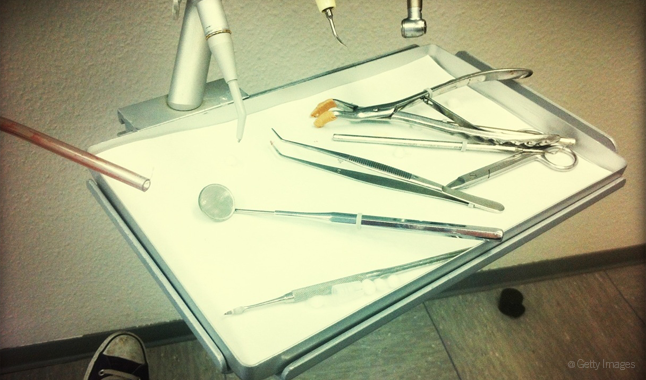


I was teaching a class and, while talking about yearly OSHA updates, which is mandatory, the office informed me their boss doesn’t do that. When we talked about weekly spore testing, they had no idea what I was talking about. I left them with information to obtain the spore test and my contact info. Spore tests preformed weekly are mandatory and results should be kept in your office in a binder. At any time, a patient may ask to see them, so you better have them ready.
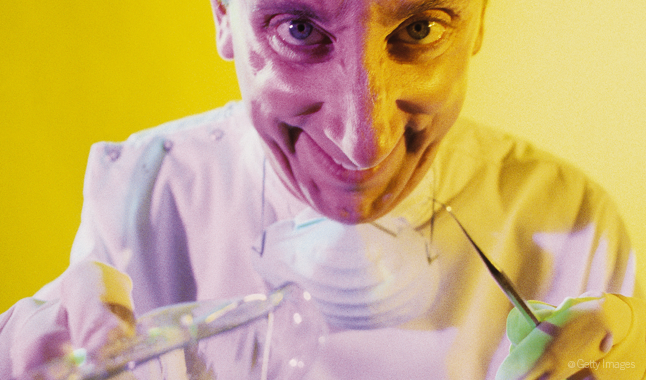


I was teaching a class on nitrous oxide and how a scavenger nasal hood is needed. One student said she was positive they did not have one on their portable unit. She went back and checked with the doctor and, sure enough, there was no scavenger. The scavenger is used for the safety of dental office personnel and occupational exposure. Not only did the doctor say he wasn’t getting a scavenger, but that he also enjoyed getting the high off of the nitrous.
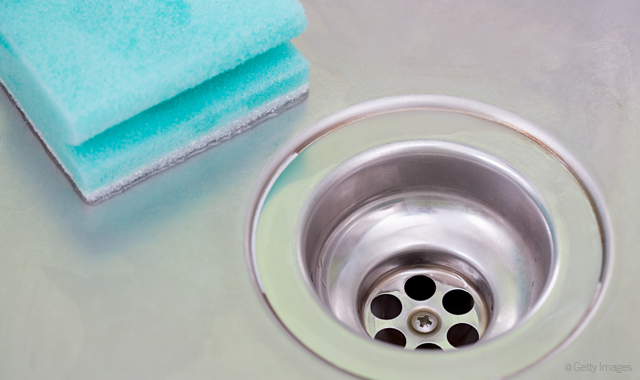


I had one class where a few team members stayed after to speak to me because they didn’t want to say anything in front of everyone else. They told me that they don’t have time to wipe down their rooms between patients. The doctor makes them go ahead and get patients back rather than having them disinfect the room.
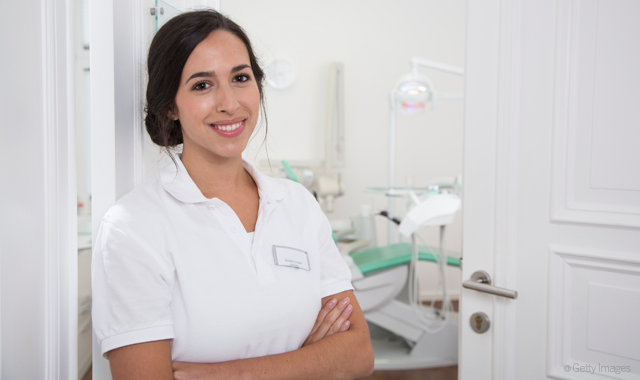


Many times I hear dental assistants say, “Oh the doctor isn’t going to like this” or “(so and so) isn’t going to be happy about this” referring to new updates in infection control. My thought is, this industry is ever-changing and team members are obligated to change with it. Don’t be the “so and so” and criticize new ways to do things. And don’t listen to the team member who doesn’t want change. The law is the law and we are responsible for following it.
Because dental assistants are often the least educated of all oral healthcare workers, we need to learn. Here are some ideas on where you can learn. We are responsible for the health and safety of each and every patient in our care. The fact is, you can be held responsible for what you’re doing in an office … and what you’re not doing. Following proper guidelines and doing things the right way is the only way to do them.
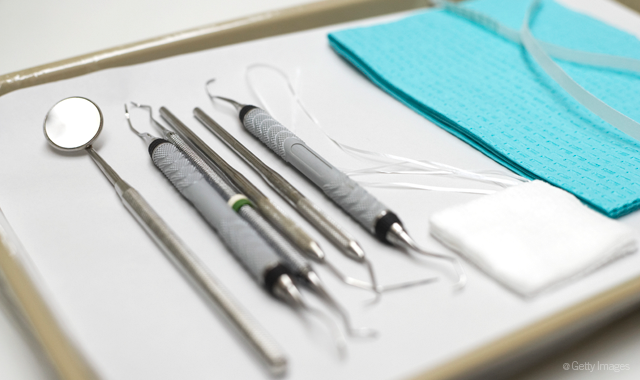

Often I hear dental assistants tell me that the least conforming team member in the office is the doctor. In this case, what do you do? Doctors are busy. They have so much on their plate and infection control procedures are often left to the other team members. Most doctors have no idea what goes on in the sterilization room. Educate them on the new guidelines. Bring them up to date by showing them the latest and greatest … and even suggest you or another team member be put in charge of implementing the new guidelines.
More from Tija: What dental assistants need to know about nitrous oxide
These doctors have invested a lot into their practice … physically, financially, and emotionally. Why on earth would they risk everything by being the face on the 5 o’clock news? All it takes is a disgruntled patient or team member and you have opened up the proverbial can of worms. Are we ignoring proper procedure for the sake of the almighty dollar? Saving money doesn’t mean anything if you put a person at risk … and that person could be you or a family member.
After our talk, the doctor I was speaking with understood. She really had no idea that such things happen in this day and age. Knowing the law, following it, and keeping up with current guidelines is everybody’s responsibility.
Let’s make 2016 a fantastic year!
Maximizing Value: The Hidden Benefits of Preventing Hospital-Acquired Pneumonia Through Oral Hygiene
September 10th 2024Originally posted on Infection Control Today. Hospital-acquired pneumonia (HAP) is a significant infection prevention concern, leading to high patient mortality, increased health care costs, and ICU usage. Oral hygiene is an effective preventive measure.